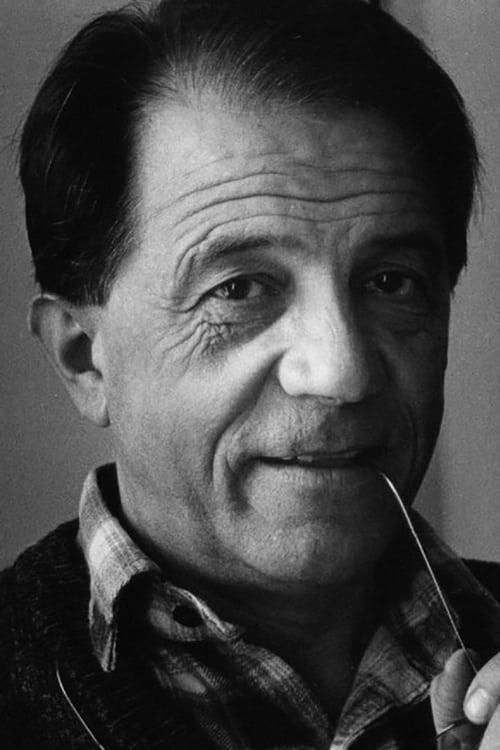
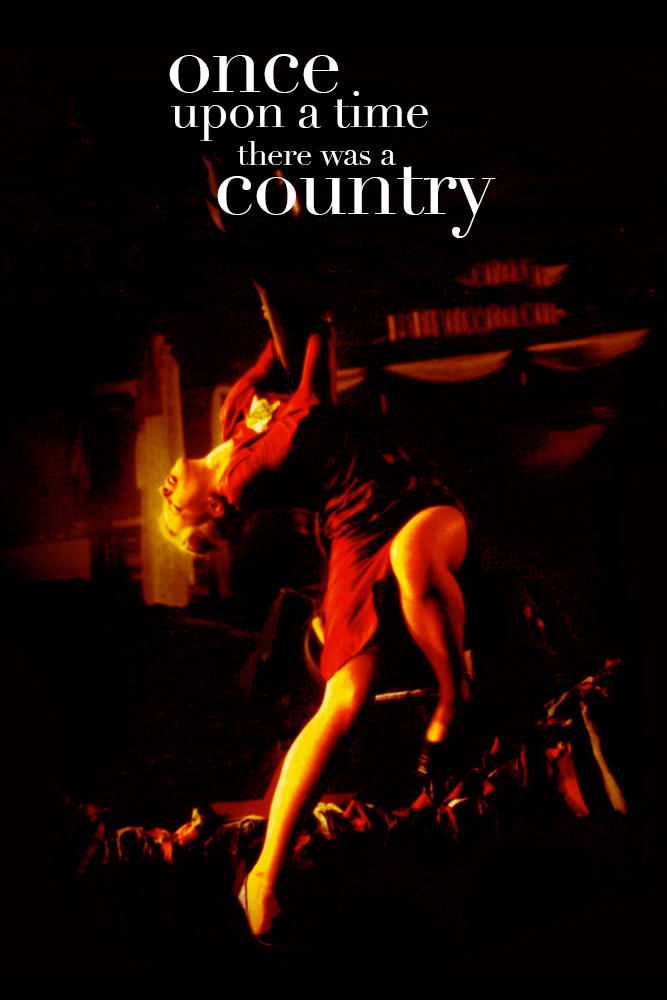
This movie reflects the history of Yugoslavia since the beginning of WWII (and similar to all ex-communist countries) to the last horrible events in Balcanian countries. Behind the comedy is hidden the pain of whole generations, which have suffered WWII, The Cold War, the war in Yugoslavia, the communism, the treachery of their own leadership, the fall. The film shows us the reality, as seen by those who feel unlimited love for their country and culture. Marko and Blacky represent the true leaders of the country, the soul of the nation and not without controversies. Once Upon A Time There Was A Country is an extended TV version of Emir Kusturica's Palme d'Or winning Underground.
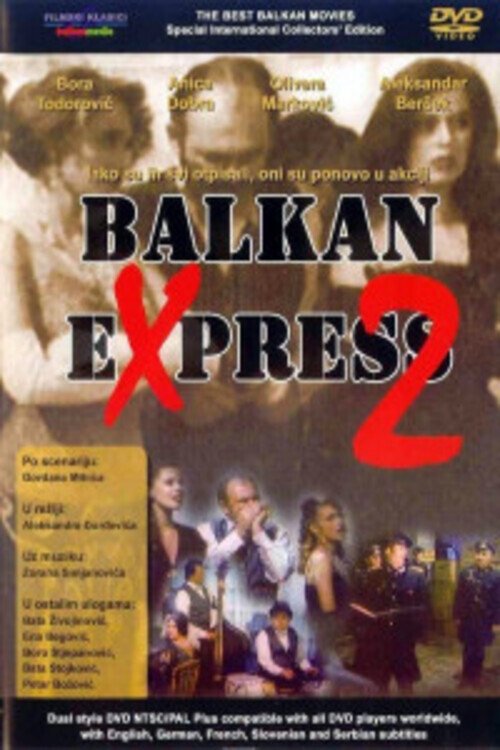
TV series made as an extended version of an eponymous feature film. A quintet of small-time crooks that works under disguise of a musical band become the supporters of Partisan resistance movement in WW2. Being forced to escape to another part of the occupied territory, they hide in "Marlene Saloon" forgetting that the bordellos of the kind are an ideal place for espionage during the war. They get more problems than peace and rest and the tragicomedy starts.
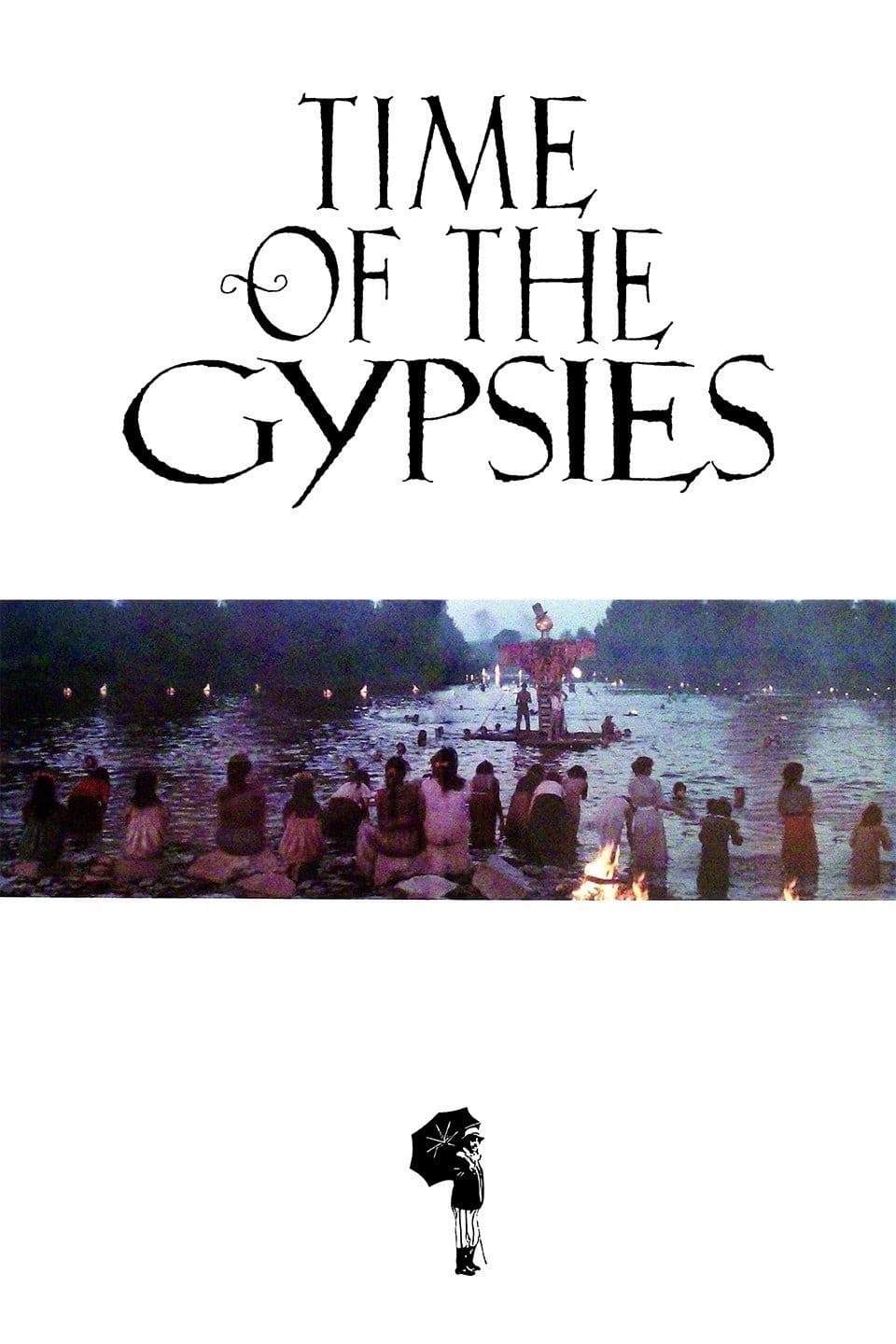
In this luminous tale set in the former Yugoslavia, Perhan, an engaging young Romany with telekinetic powers, is seduced by the quick-cash world of petty crime that threatens to destroy him and those he loves.
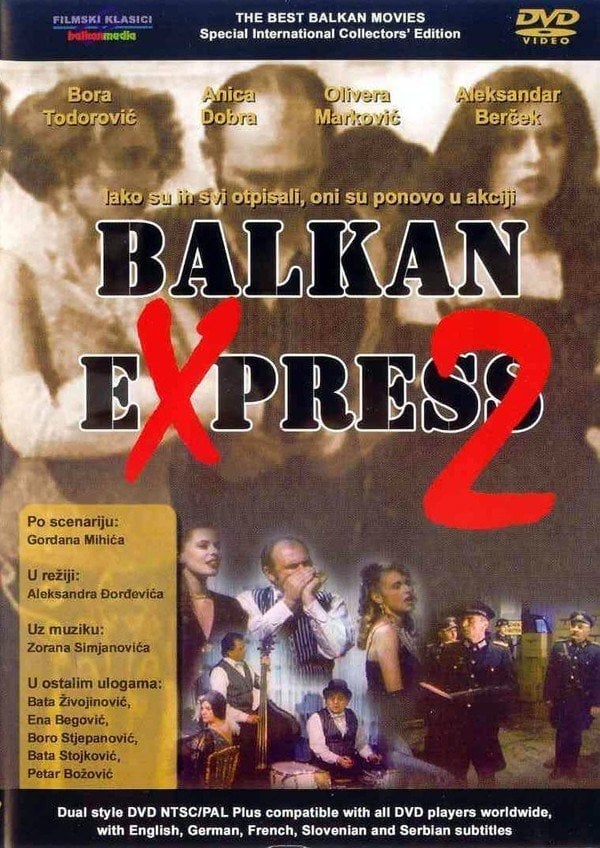
A group of musicians, whose band is called "Balkan express", in fact a quintet of small-time crooks , trying to make some money in Nazi-occupied Serbia.
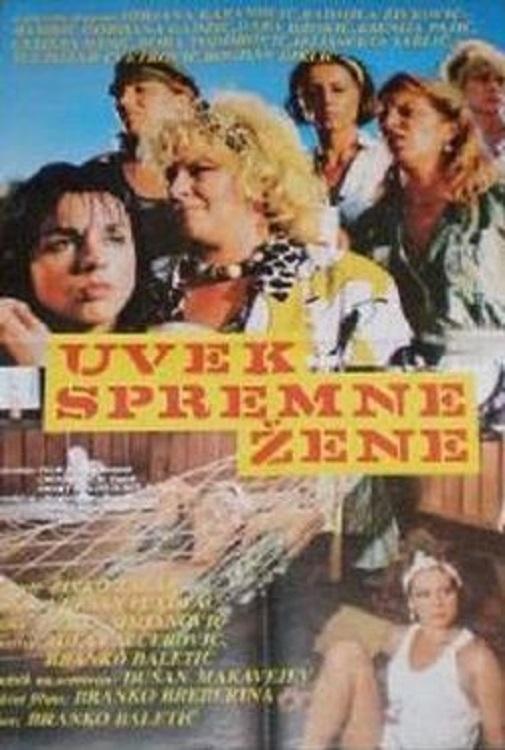
Seven women are sick of working in poor conditions on a farm. They steal a tractor and go to the city.
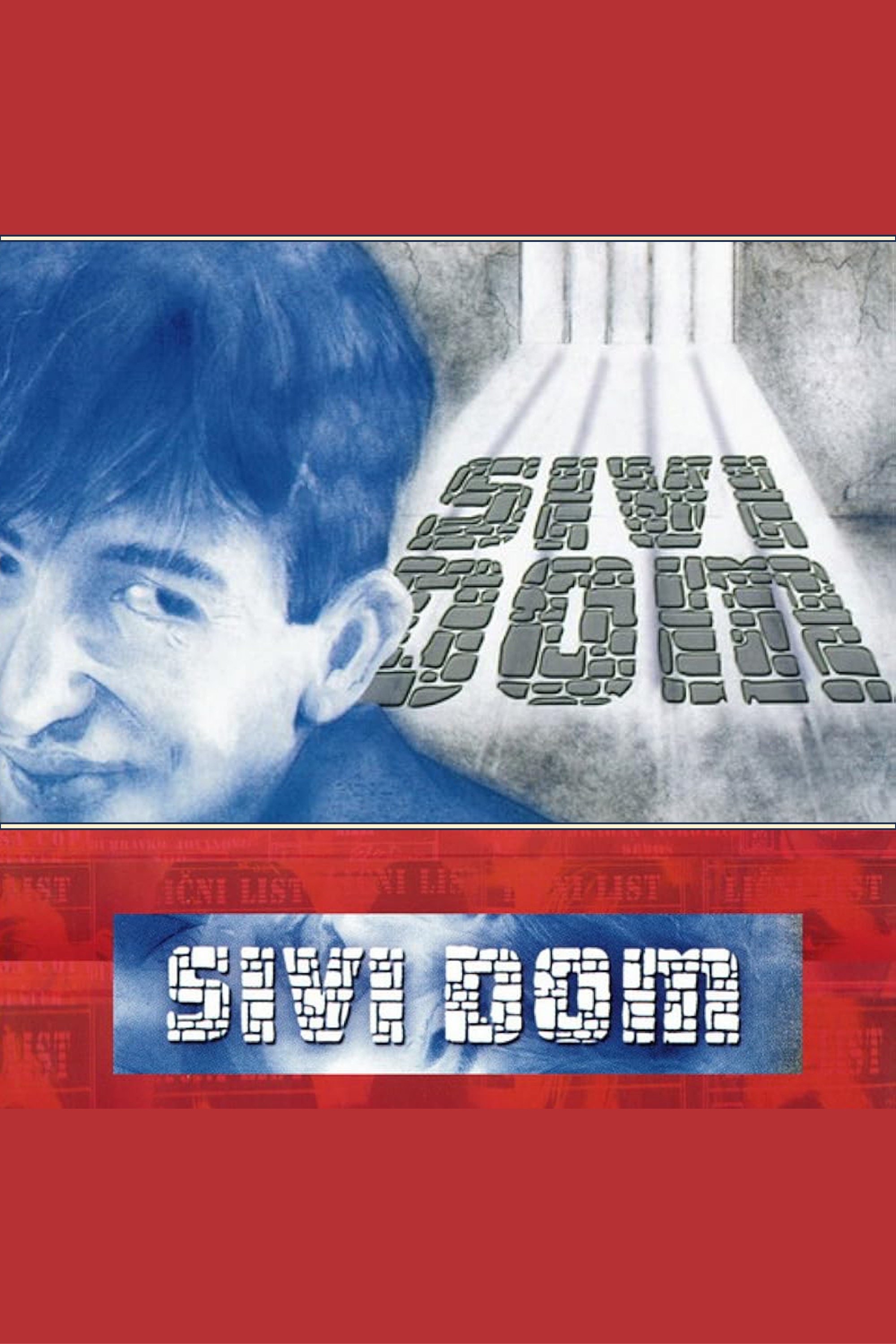
A moving story about the residents of correctional facility, rejected by parents and environment. Going through a strict regimen of life in the home, they are constantly trying to reverse the fate in their favor. Although they were given a chance to change, their actions always return to the beginning. Constantly on the border between personal whims and once-in-a-lifetime opportunity to become humans, they remain as wolves who find hard to change their mood. What finally remains is a perpetual dilemma whether their fate is innate, or is it forced by the communities in which they grew up...
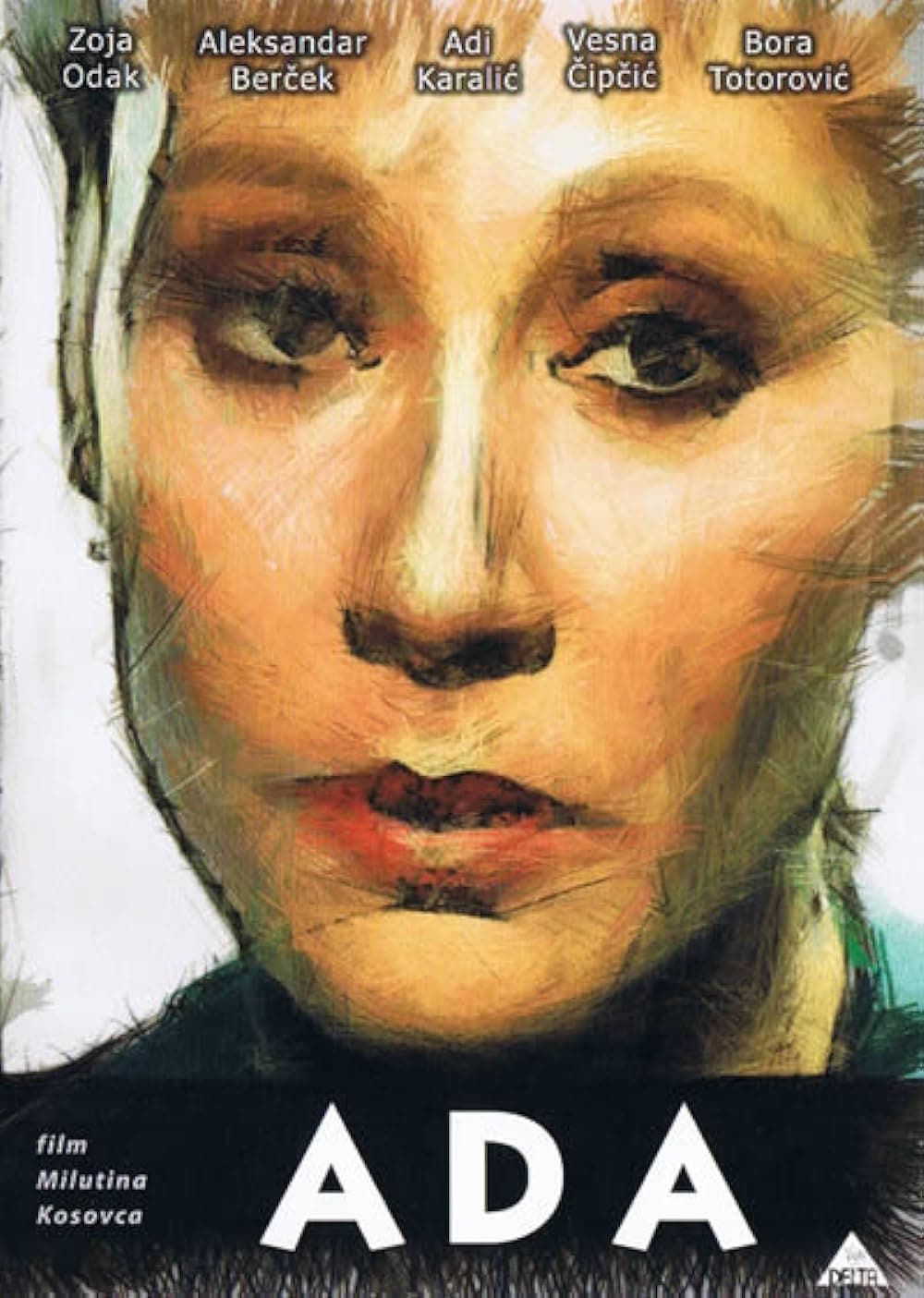
A married woman unsuccessfully tries to find a job in order to provide a better life to her son.
Borivoje "Bora" Todorović (born 5 November 1930 in Belgrade, Kingdom of Yugoslavia) is a Serbian actor. His sister is the famous actress, Mira Stupica, and father of Srđan Todorović. Bora Todorović has an extensive acting career, and has had roles in critically acclaimed Yugoslavian films such as Who's That Singing Over There (1980), The Marathon Family (1982), Balkan Express (1983), Balkanski Špijun (Balkan Spy, 1984), Time of the Gypsies (1988), and Underground (1995). Bora's father died during his childhood. Following secondary school, Bora completed army service, at which point he had no plans to pursue an acting career. However, his older sister Mira's passion for acting exposed him to the business and soon he became passionate about it as well. He enrolled in the Belgrade Drama Arts Academy, and eventually acted on stage at the Belgrade Drama Theatre. In 1957, Bora lived and acted in Zagreb, eventually returning to Belgrade in 1961. Between 1961 and 1983, Bora was a member of the "Atelje 212" theater in Belgrade, where he performed various roles. In October 2002, he appeared on the Zvezdara Theatre stage in Belgrade, in the play Larry Thompson. Bora Todorović now alternates residence between Prague and Belgrade. He is currently married to Carolyn Kilkka, with whom he has two children, Dana and Tara. Bora also has a child from his previous marriage to Snežana Matić. He died on July 7, 2014 after suffering a brain-stroke.
By browsing this website, you accept our cookies policy.